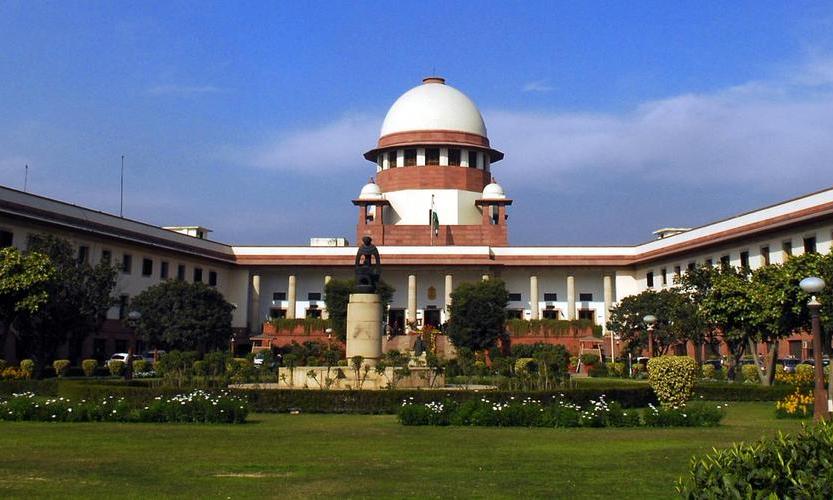
Supreme Court: Why was Kerala governor sitting on bills for two years?
CJI asks Kerala Governor Arif Mohammed Khan to meet CM Pinarayi Vijayan to discuss the bills in question

Voicing displeasure over Kerala Governor Arif Mohammed Khan’s long inaction over eight bills, the Supreme Court has asked him to meet chief minister Pinarayi Vijayan to discuss the bills in question.
Let us hope that some “political sagacity” comes to play, said a bench headed by Chief Justice DY Chandrachud on Wednesday.
Attorney General R Venkataramani said of the eight bills in contention, the governor had given his ascent to one and referred the others to the President.
While the governor gave his approval to the Public Health Bill, he reserved seven bills, including the controversial University Amendment Bill, for presidential assent, Raj Bhavan announced on Tuesday.
"What was the governor doing for two years by sitting on the bills?" asked the bench which also comprised justices JB Pardiwala and Manoj Misra.
'Delay disrupts governance'
The court allowed the Kerala government to amend its plea to seek issuance of guidelines for the governors on grant or decline of assent to the bills passed by the assembly in a time-bound manner.
“We will record that the governor will discuss the matter with both the chief minister and the minister in charge,” the bench said.
“Let us hope that some political sagacity takes over the state and we hope some sagacity prevails. Otherwise, we are here to lay down the law and do our duty under the Constitution,” the chief justice said.
Senior lawyer KK Venugopal, appearing for the state government, urged the court to lay down guidelines as to when the bills can be reserved for presidential assent.
The governor cannot be allowed to sit over the bills as it disrupts governance, he added.
"We have to keep the matter pending. This is a live issue," the judges said.
Punjab example
Earlier, the top court asked the additional chief secretary of Kerala Governor to refer to its recent verdict in Punjab's case where it was held governors cannot "thwart the normal course of lawmaking".
Meanwhile, speaking at Malappuram, the chief minister criticised the governor’s decision to refer seven pending bills for presidential assent.
Vijayan said on Wednesday that it raised doubts whether the governor was according due respect to the Supreme court.
The chief minister charged that Khan's reaction indicated his displeasure over the apex court's remarks.
The apex court has said that if a governor decides to withhold assent to a bill, then he has to return the bill to the legislature for reconsideration.
It also said that the unelected "Head of the State" is entrusted with constitutional powers but that can’t be used to thwart the normal course of lawmaking by state legislatures.
(With inputs from agencies)

